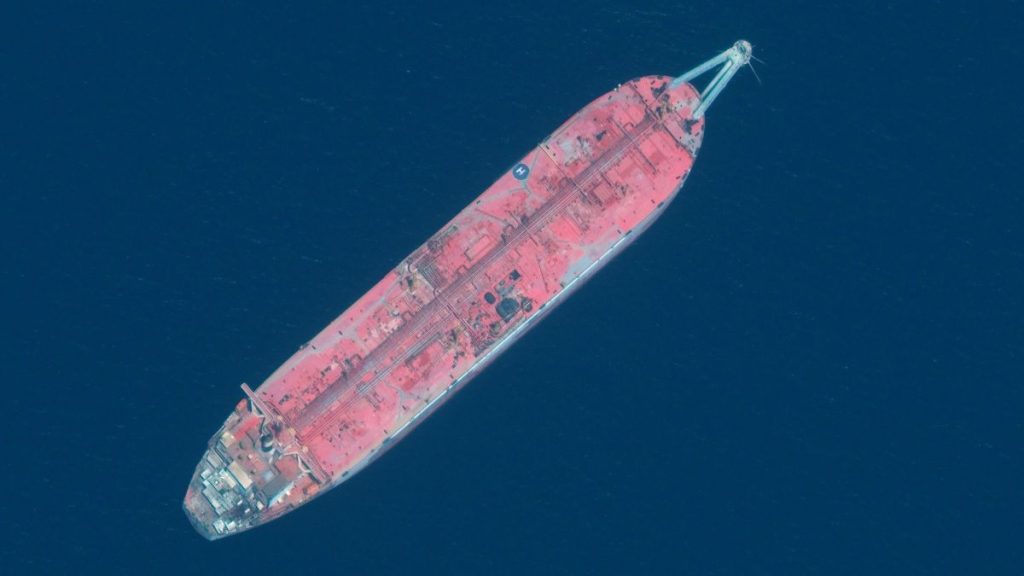Opinion: An aging oil tanker has become a floating time bomb. It’s an environmental disaster waiting to happen

An aging, decaying oil tanker, the FSO Safer, has been anchored five miles off the coast of Yemen since March 2015, when Houthi rebels took control of the Red Sea coastline near the port city of Al-Hudaydah.International officials are working to stave off a potential environmental and human catastrophe: The 362-meter (1,118-foot) Safer is filled with more than a million barrels (40 million gallons) of light, sweet crude oil — liquid cargo which could lead to ecological disaster were the vessel to leak oil or explode. The cataclysmic March 1989 Another factor is the type of crude: The oil carried by the tanker is more similar to diesel fuel than the more viscous, dense North Slope crude oil that the Exxon Valdez carried, which means it would disperse very quickly, carried by the Red Sea’s fickle and changeable currents. First responders rushing to the site of a spill would find frustratingly little oil to contain. Meanwhile, the warm temperatures of the region could create an air-quality nightmare for those same first responders, as well as for inhabitants throughout the region. And the ongoing war in Yemen almost certainly would provide additional obstacles to clean up crews hoping to help with containment of a spill.There’s yet another major risk, one that dwarfs even huge concerns about how a spill might sully ocean waters: The Safer is, quite literally, a floating time bomb. Within the vessel’s head space — the empty area separating its liquid cargo from the top of its holds — swirls a roiling, combustible brew of vapors that could ignite if exposed to the slightest spark.For years, international efforts to defuse the FSO Safer have failed. Recently, however, Ibrahim Al-Seraji, a leader of the rebels and the de facto president of Houthi-controlled Yemen, signed an agreement to transfer the contents of the Safer to another vessel so that it can be safely removed and sold.The agreement is contingent on the United Nations raising funds to make that plan happen, as well as providing an alternative facility capable of export. Both objectives are attainable, and both are urgently needed.The importance of getting this done without delay cannot be overemphasized. For proof that this is a disaster waiting to happen, one only needs to look back to February 4 of this year, when a nearly identical oil storage vessel, the FSO Trinity Spirit, exploded and sank off the coast of Nigeria. By all accounts, that vessel was also in a sad state of repair. The Trinity Spirit and the Safer are just two of dozens of similar vessels around the world in need of immediate attention.That’s why the agreement between the United Nations and the Houthi government is a gift that the world needs to grab hold of with both hands. The offloading process will be politically fraught, technically difficult, and extremely dangerous. But it is the only way to ensure that the ecological bomb off the coast of Yemen is defused and the people of Yemen are allowed to focus on the pressing matter of rebuilding their country.







